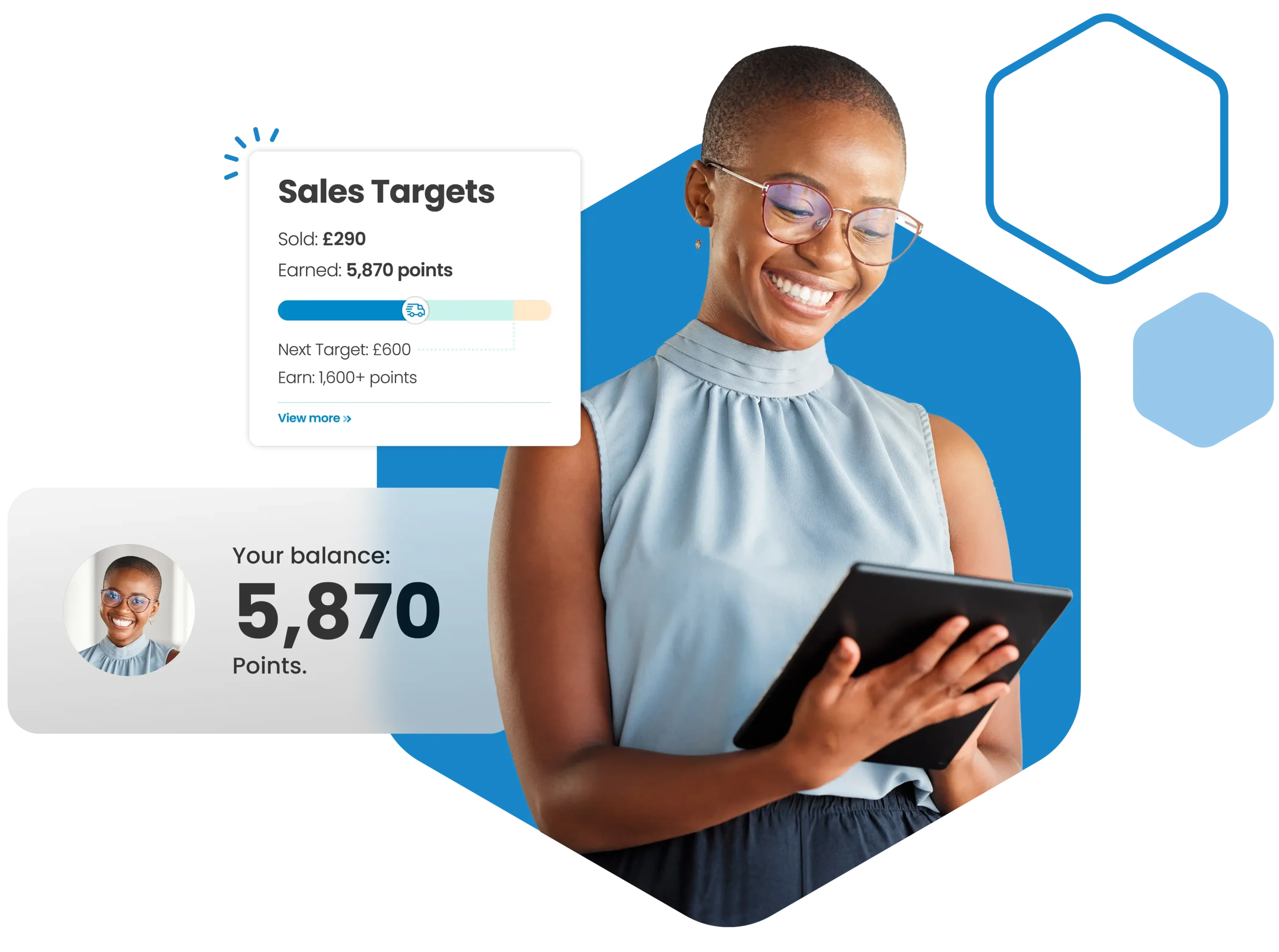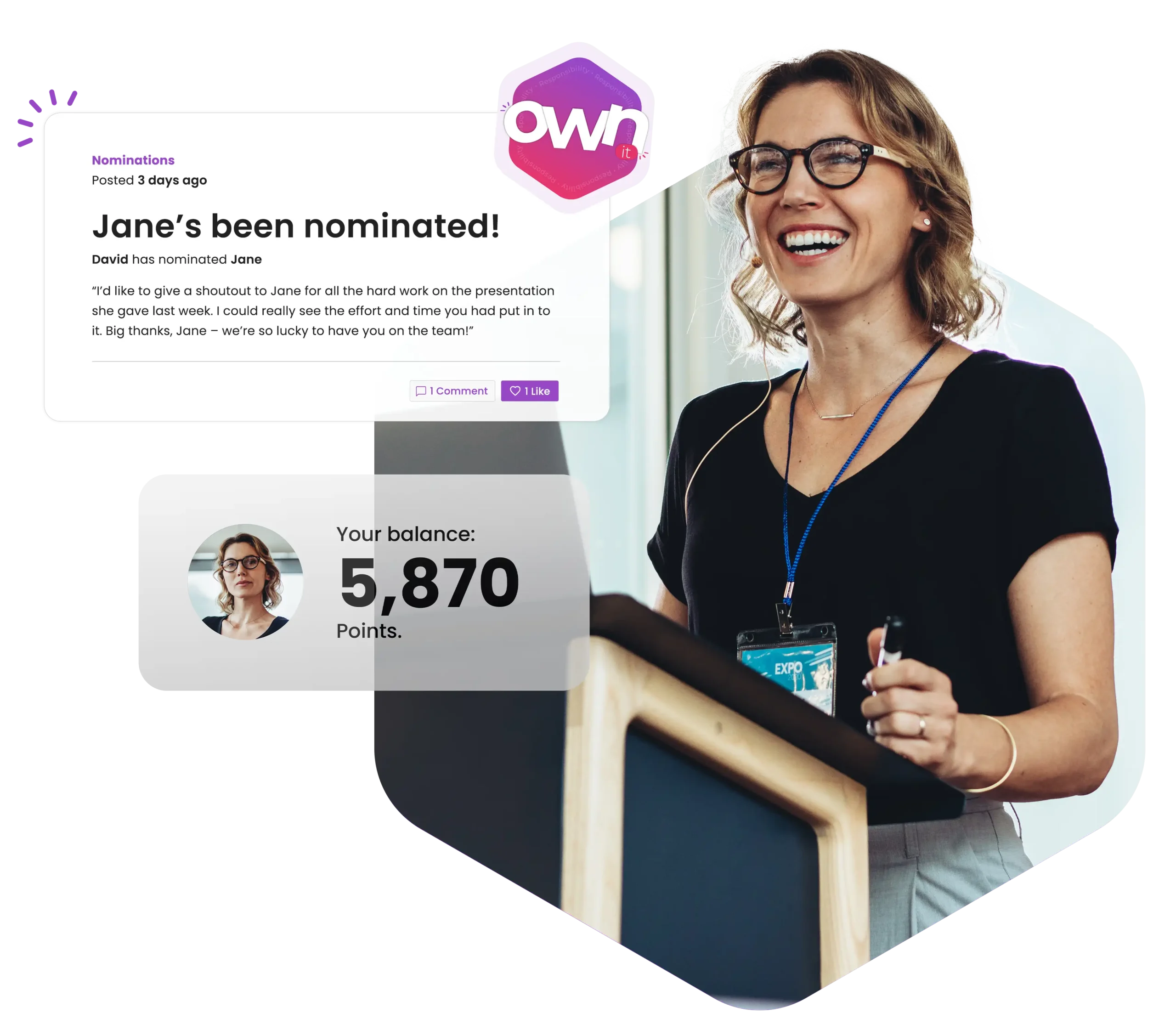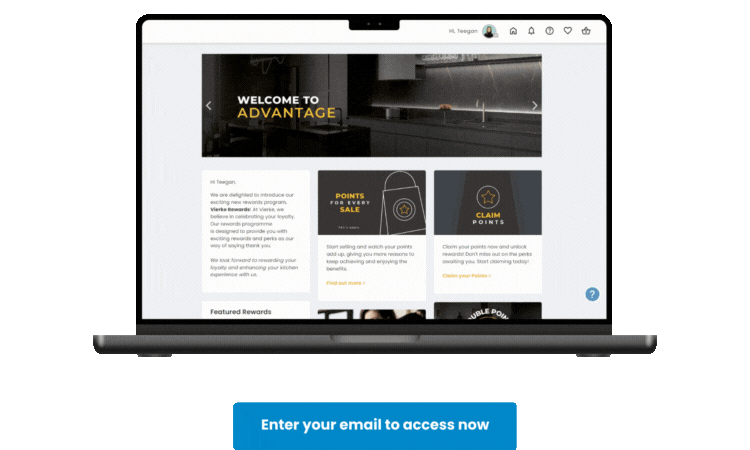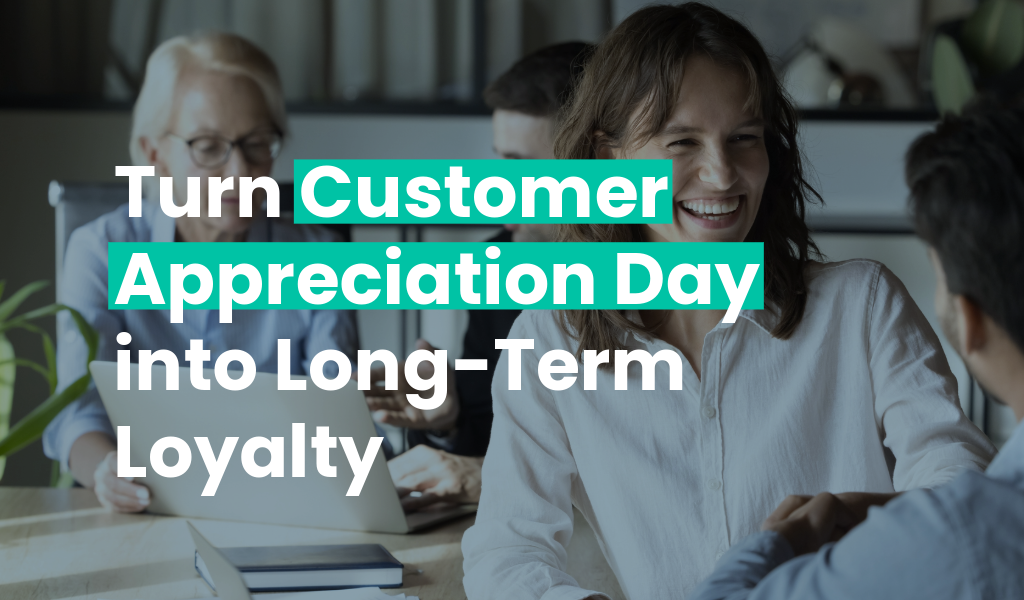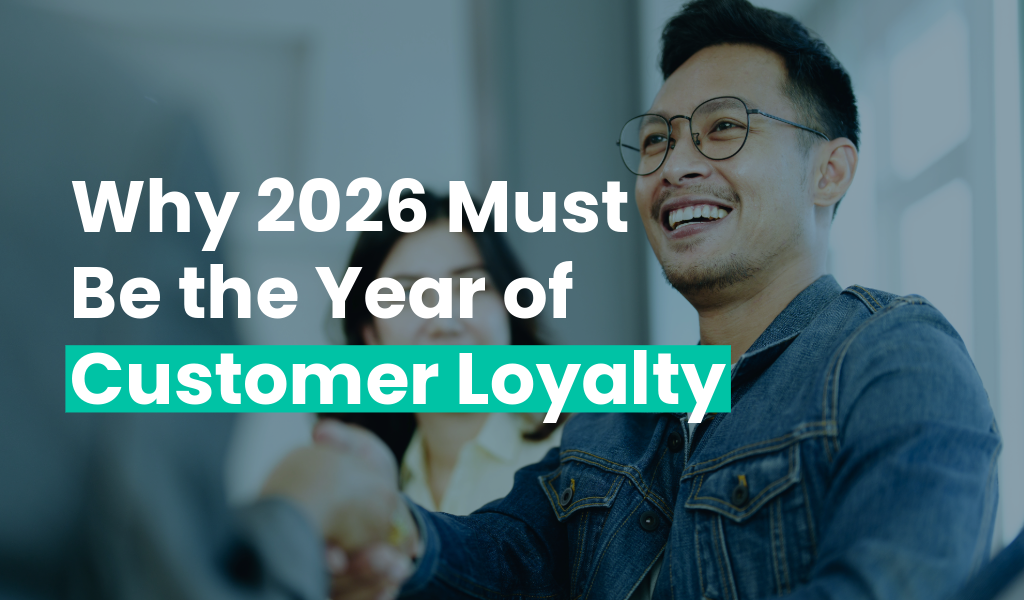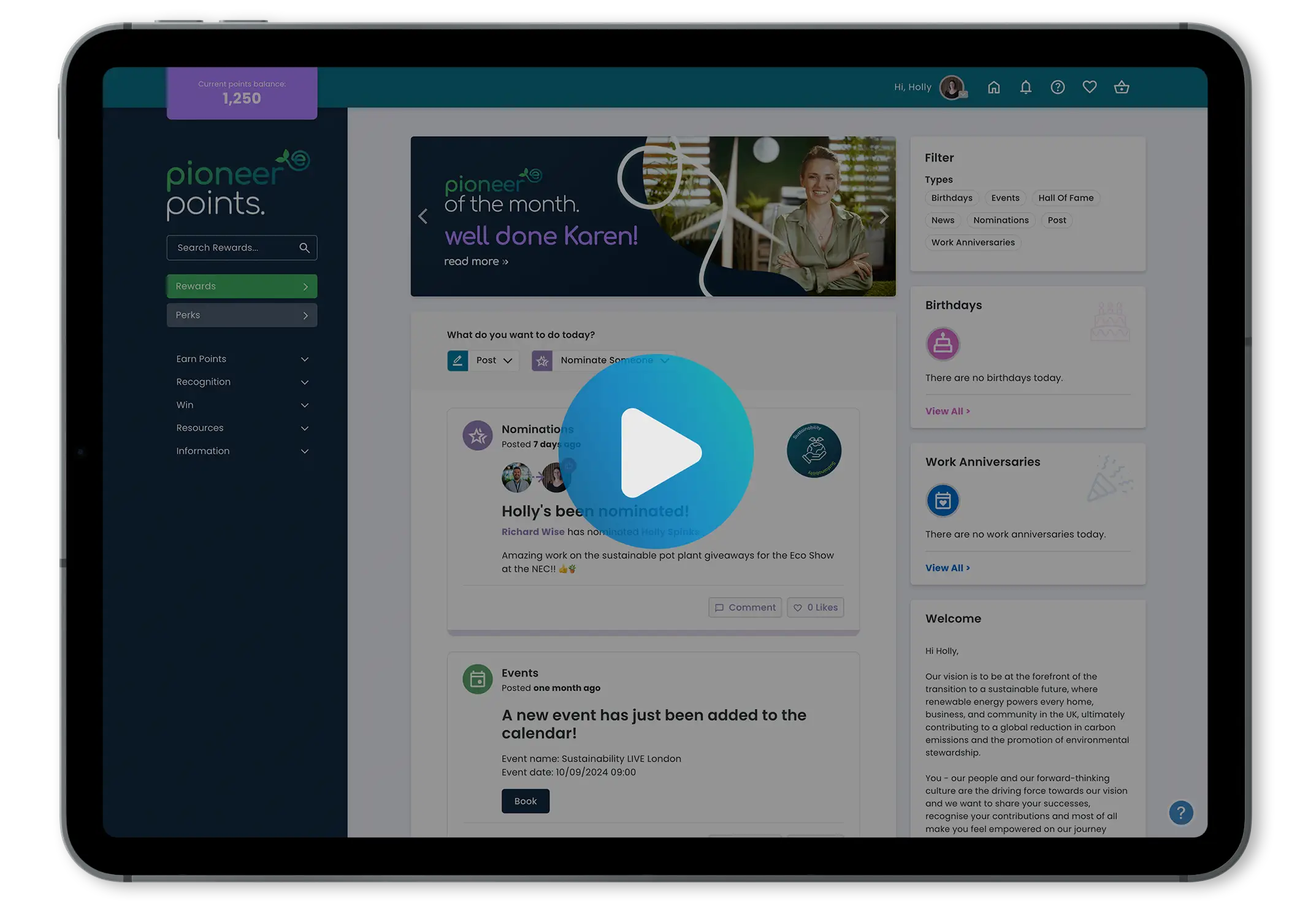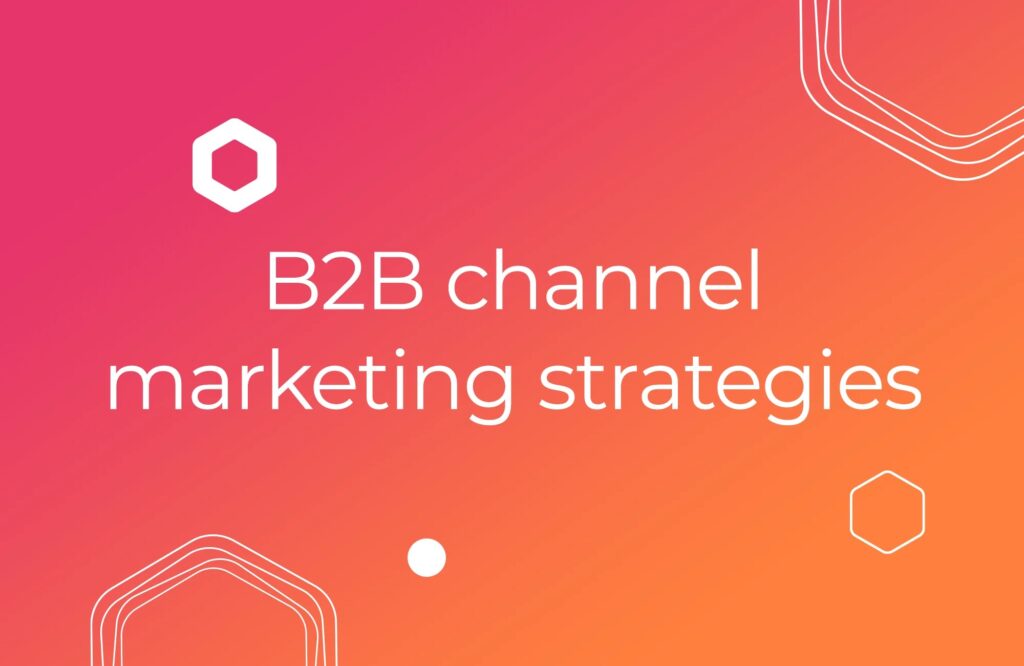


Want to propel channel partner sales this year? Then you need to unlock the benefits of a B2B channel marketing strategy for your business.
B2B channel marketing serves as a vital communication conduit that bridges the gap between businesses and their partners. These partnerships are built on collaboration, trust and mutual benefit. They enable businesses to leverage each other’s strengths to achieve common objectives, but they only work if the marketing strategy is on-point.
So, whether you’re just starting out or seeking to fine-tune your existing B2B marketing strategies, we’ll provide you with practical guidance to drive success in the competitive landscape that is channel marketing.
Skip to:
What is B2B channel marketing?
B2B (business-to-business) channel marketing refers to the strategies and tactics that businesses use to promote and sell their products or services to other businesses through intermediary channels or partners, rather than directly to end consumers.
Through this strategy, the manufacturer or service provider relies on intermediaries such as distributors, wholesalers, VARs (value-added resellers), dealers, agents, or other partners to reach the end customer. These intermediaries may have established networks, expertise, or resources that make them effective at distributing products or services within specific industries or regions.
The 3 key components of B2B channel marketing include:
- Partner enablement: Providing training, resources, marketing materials and support to help partners effectively sell and promote the products or services.
- Channel sales development: Continuously nurturing relationships with channel partners to ensure brand alignment, product knowledge and two-way feedback.
- Co-marketing and co-selling: Collaborating with channel partners on joint marketing campaigns and sales initiatives to reach a broader audience and drive more business.

The benefits of B2B channel marketing
Tapping into a B2B channel marketing strategy brings a host of benefits for companies looking to broaden their horizons and strengthen their presence in the market, including expanded market reach, cost efficiency, brand visibility and more, as outlined below:
- Expanded market reach: Companies can break into new markets and connect with different customer segments by leveraging the communication networks of their partners (such as their social fanbase, newsletter subscribers, brand ambassadors, influencers and more). In doing so, they’ll have the opportunity to reach more potential clients than they could through direct sales efforts alone.
- Access to specialised expertise: Teaming up with channel partners who specialise in specific industries or market segments gives companies access to valuable knowledge and expertise, which can result in more targeted marketing campaigns, customised product offerings and higher levels of customer satisfaction.
- Cost efficiency: Channel marketing often proves a more cost-effective route to reach customers, as it involves sharing marketing and promotional expenses with partners. Additionally, by tapping into an existing infrastructure, operational costs can be kept in check.
- Insights and feedback: Close collaboration with channel partners gives marketers valuable insights into market trends and competitive dynamics. By leveraging this feedback, companies can fine-tune their marketing strategies, products and business operations to better serve their clients.
- Scalability: B2B channel marketing enables brands to swiftly adapt to changing market conditions and scale their operations as needed. This agility is particularly valuable in fast-paced industries where trends and demands evolve rapidly.
- Brand visibility: Partnering with well-respected brands and leaders in the industry enhances the credibility of the company’s products or services, giving them a competitive edge.
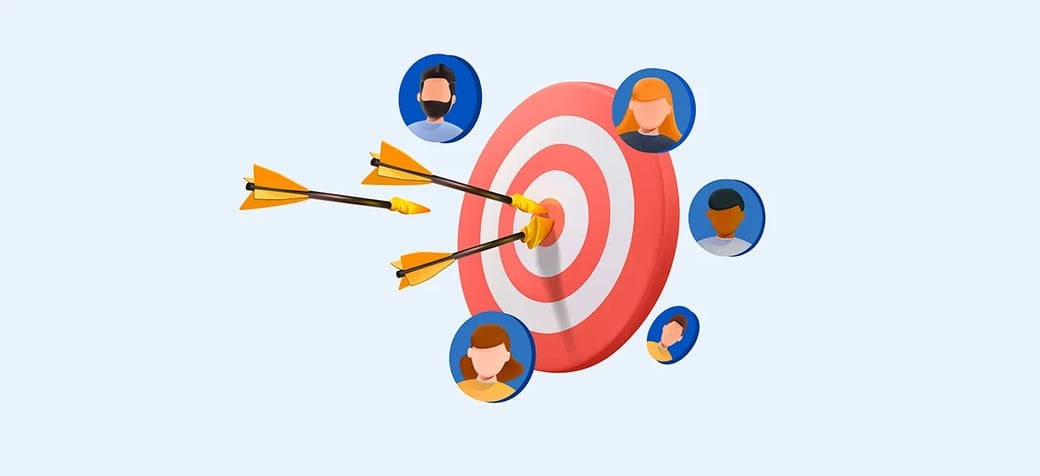
Designing an effective B2B channel marketing strategy
Crafting a successful B2B channel marketing strategy entails more than just guesswork – it requires strategic research and precise execution to effectively connect with your target audience and drive sales growth.
Below, we’ve provided a brief step-by-step guide as a solid starting point for your channel marketing plan:
 Define objectives and target audience
Define objectives and target audience
Setting clear goals and understanding who you’re trying to reach are key steps in crafting a successful B2B marketing plan.
Think of it like mapping out a journey: you need to know where you’re going and who you’re going to meet along the way. First off, define what you want to achieve, whether it’s grabbing a bigger slice of the market, expanding into new areas or launching something new to meet changing customer needs.
Once you’ve got your destination in mind, it’s time to figure out who you’re targeting. That means understanding the different players involved in the decision-making process: in B2B, that’s the big shots who sign off on purchases, the folks who influence those decisions and the ones who’ll be using your product or service. In B2B2C, it’s about influencing end consumer behaviour, but via a third party.
By getting to grips with what they care about and what they need, you can tailor your marketing efforts to speak their language, solve their problems and make them want what you’re offering before channel sales people even get involved. It’s all about connecting with your audience in a way that resonates with them, making them more likely to engage with your brand and, ultimately, become customers.
 Evaluate channel options
Evaluate channel options
When it comes to getting your products or services out there, it’s essential to explore all the different avenues available. For example, you could choose to work with distributors who can help get your offerings into stores or businesses. Or, team up with resellers who can sell directly to customers on your behalf. Then there are online marketplaces, where you can showcase your offerings to a global audience. And let’s not forget about having your own direct sales team who can go out and drum up business face-to-face.
When evaluating these options, you’ll want to think about things like how well each channel covers your target market, whether it’s cost-effective for your business and if it aligns with your overall goals and what your customers prefer.
 Develop partner enablement resources
Develop partner enablement resources
Creating partner enablement resources involves building a robust support system to empower channel partners in effectively representing and selling your products or services. This comprehensive approach should equip partners with all the necessary knowledge, skills and tools they need to succeed.
For starters, thorough product training sessions – via online recordings, product knowledge quizzes and face to face – are essential to ensure that partners fully understand the features, benefits and unique selling points of your offerings. With this knowledge, they can confidently articulate the value proposition to potential customers, leading to more successful sales interactions.
Furthermore, providing a range of sales collateral, such as informative brochures, detailed datasheets and engaging presentations, equips partners with the materials they need to effectively communicate product specifications and advantages during conversations. These resources serve as valuable aids in guiding conversations and addressing customer inquiries, ultimately boosting partner confidence and enhancing the overall sales process.
Moreover, facilitating access to lead-generation tools and support mechanisms is crucial for empowering partners to identify and nurture potential customers effectively. This may involve providing access to customer databases, lead generation platforms and experts in a central marketing team to help partners drive pipeline growth and revenue generation.
 Create co-marketing opportunities
Create co-marketing opportunities
Work hand-in-hand to develop compelling joint marketing initiatives that resonate with your target audience. This could be on creating engaging co-branded content for informative webinars, memorable events, social media feeds, PR opportunities or a raft of promotional marketing initiatives.
By teaming up with your partners, you have the opportunity to amplify your brand’s visibility and draw in a broader audience of potential customers. This collaborative approach allows for the pooling of resources, expertise, and audience reach from both parties, resulting in a more impactful and engaging marketing effort. It’s essential to build a solid relationship with your partners for the success of the collaboration and this is one such route to do so.
 Implement channel management practices
Implement channel management practices
It’s also crucial to establish clear communication channels and feedback processes.
By setting up regular touchpoints – whether through emails, phone calls or virtual meetings – to provide updates and address concerns, partners will feel invested in the joint success of the two brands.
By staying in constant communication, businesses can ensure that partners are well-informed about product updates, promotions, or market changes and that challenges are dealt with promptly.
It’s also essential to regularly solicit feedback from your partners. In doing so, you’ll gain valuable insights that can help you enhance sales performance and resolve any issues proactively, thus preventing them from escalating into larger concerns.
If, for any reason, the partnership encounters challenges or doesn’t meet expectations, one strategy to consider is offering channel incentives. These inject motivation to reinvigorate the partnership and encourage greater engagement. Some incentive examples include bonuses for achieving specific sales targets, access to exclusive training or resources, or even points-based rewards for outstanding performance.
 Measure performance
Measure performance
Monitoring and measuring performance is essential for evaluating the effectiveness of channel partnerships. By implementing robust tracking mechanisms, businesses can gain valuable insights into the performance of channel partners and the impact of their marketing initiatives.
This involves tracking key metrics such as sales performance, lead generation, customer acquisition cost (CAC), and return on investment (ROI). Through this analysis, businesses can identify areas of strength and areas for improvement.

Channel marketing campaign examples
Now that we’ve outlined the key steps for creating your B2B marketing strategy, let’s dive into some real-world examples of partnerships from globally recognised brands. Exploring these case studies can provide invaluable lessons on how leading companies leverage channel partnerships to accelerate growth and achieve shared objectives.
Amazon’s affiliate programme
Amazon’s affiliate marketing programme is a highly successful channel marketing initiative that allows businesses to earn commissions by promoting Amazon products on their websites, blogs and social media channels. Affiliates are provided with unique tracking links, meticulously crafted to trace the origin of each click and purchase generated through their promotional efforts. Affiliates go on to earn a percentage of the sales generated through their referrals. This, therefore, incentivises affiliates to curate engaging content, tailor-made to resonate with their audience’s interests and preferences, thereby driving traffic and conversions to Amazon’s platform.
EE and Apple
EE and Apple have collaborated for years through a digital bundling agreement, offering EE customers a free six-month subscription to Apple Music.
From EE’s perspective, providing customers with complimentary access to Apple Music enhances the attractiveness of their mobile network services. By bundling the music streaming service with their phone plans, EE differentiates itself from competitors and boosts customer satisfaction. The partnership has even led to a four-point increase in EE’s Net Promoter Score (NPS), indicating improved customer loyalty.
On the other hand, Apple Music gains a competitive advantage by offering its premium service exclusively to EE customers. This move significantly increases subscription uptake, surpassing initial forecasts by 45%. The partnership allows Apple to showcase its product to a broader audience, potentially leading to long-term subscribers after the free trial period ends.
To streamline the process for customers, EE and Apple have integrated their systems. This integration enables EE customers to activate Apple Music on their accounts easily and facilitates seamless billing after the complimentary period, ensuring a smooth user experience (while generating revenue for Apple).
Starbucks and Spotify
Starbucks and Spotify unveiled an innovative partnership that aimed to enrich the experiences of both their customers and employees, while also extending support to artists. Starbucks had decided to provide its employees with Spotify Premium subscriptions. This move not only offered Starbucks staff access to an extensive library of music but also empowered them to curate playlists inspired by Starbucks’ iconic music selections spanning the past two decades. These curated playlists were seamlessly integrated into the Starbucks Mobile App, allowing patrons to enjoy their favourite tunes during their visits.
Furthermore, the partnership introduced a reciprocal loyalty point system that bridged Starbucks’ My Starbucks Rewards (MSR) programme with Spotify’s user base. Under this arrangement, Spotify users had the opportunity to earn “Stars as Currency” for MSR Points, providing an enticing incentive for music enthusiasts to engage with both platforms. This innovative loyalty programme not only rewarded existing Starbucks customers but also encouraged Spotify users to explore the Starbucks network, fostering cross-platform engagement and brand loyalty.
Launch your B2B channel marketing strategy today
Ready to revitalise your B2B marketing efforts and spur channel partners to success? You’ve come to the right place.
Incentivesmart can help you seamlessly manage and optimise your channel marketing efforts, ensuring maximum ROI and partner engagement. Schedule a personalised demo to experience firsthand how our tailored incentives can elevate your B2B partnerships and drive sustainable growth.
